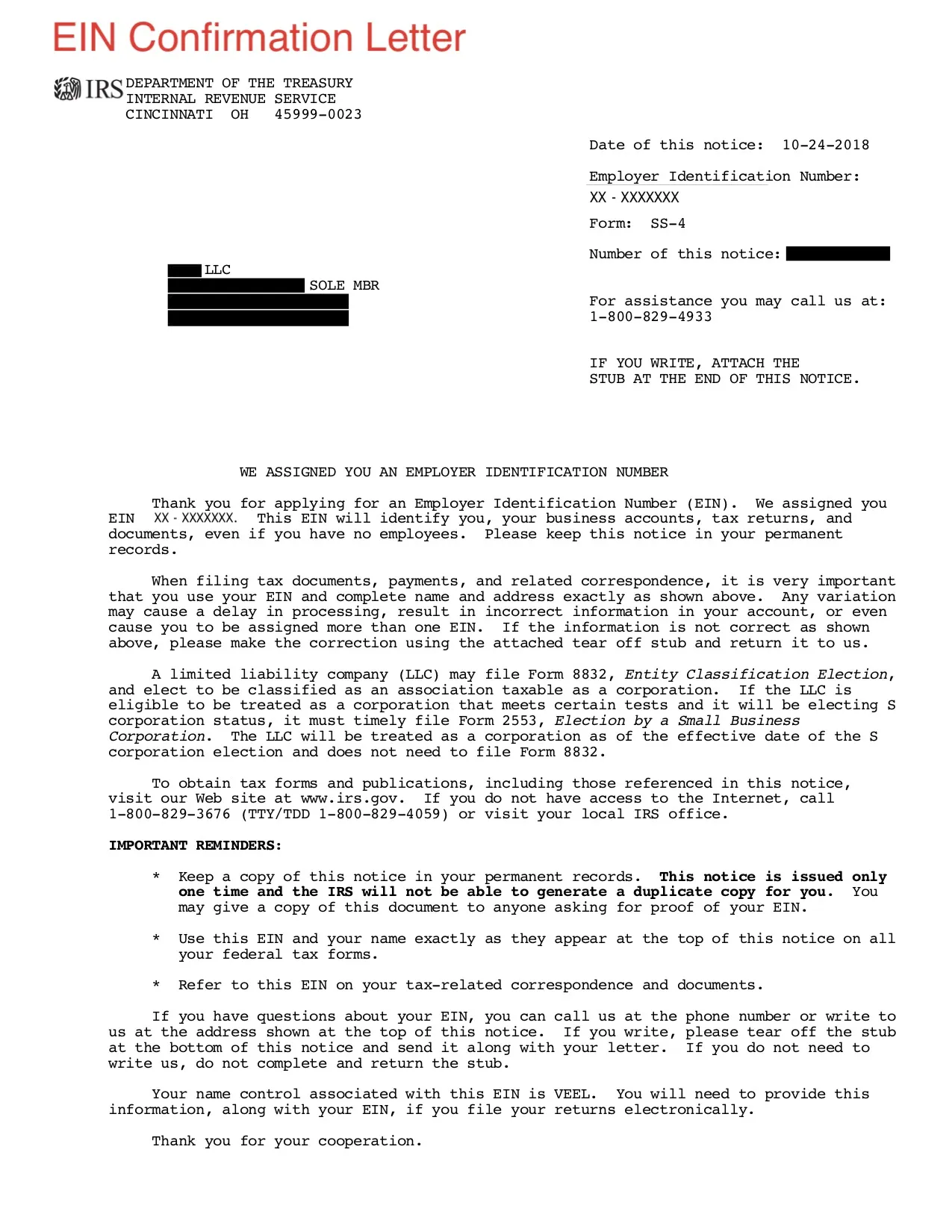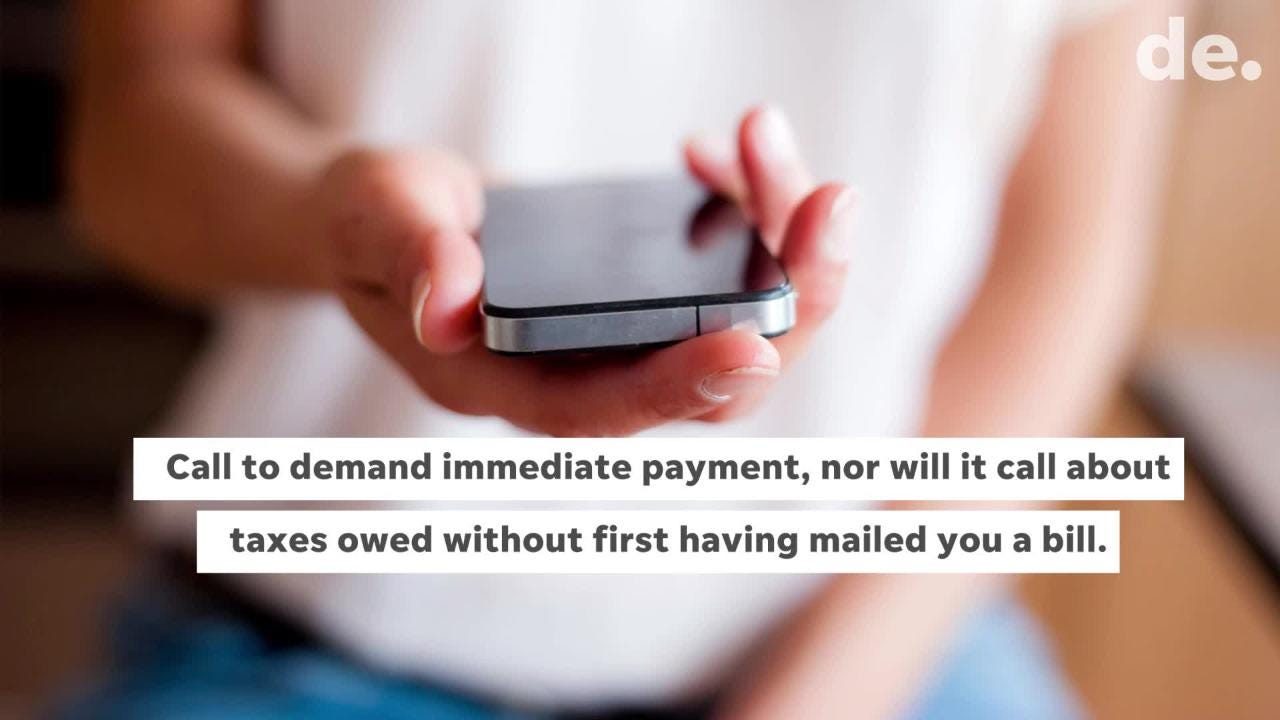- Internal Revenue Service Fax Number
- Call The Irs Internal Revenue Service Number
- Irs Internal Revenue Service Refund
Telephone Assistance. IRS live phone assistance is extremely limited at this time. For Economic Impact Payment questions, call 800-919-9835. The IRS telephone number is 1-800-829-1040, and they are available from 7 a.m. Local time, Monday thru Friday. Accountant Amy Northard offers this cheat-sheet for navigating the IRS phone. Connect With the IRS Online. One of the best ways to get the information you need is directly from.
Advertiser DisclosureWe think it's important for you to understand how we make money. It's pretty simple, actually. The offers for financial products you see on our platform come from companies who pay us. The money we make helps us give you access to free credit scores and reports and helps us create our other great tools and educational materials.
Compensation may factor into how and where products appear on our platform (and in what order). But since we generally make money when you find an offer you like and get, we try to show you offers we think are a good match for you. That's why we provide features like your Approval Odds and savings estimates.
Of course, the offers on our platform don't represent all financial products out there, but our goal is to show you as many great options as we can.
This article was fact-checked by our editors and Jennifer Samuel, senior product specialist for Credit Karma Tax®.
It’s probably safe to say that not many Americans would be happy to hear from the IRS.
Still, the Internal Revenue Service has a job to do, and sometimes that involves communicating directly with taxpayers. But scammers, fraudsters and con artists may also try to contact you, and may do so posing as the IRS.
Once the Windows 10 show desktop icon is sitting on your taskbar, you can click and drag it to move it to another location if you want. You can now use this icon to show your desktop no matter how many windows you have open. Method 2: Right-click on an empty spot. Show desktop. Your desktop icons may be hidden. To view them, right-click the desktop, select View, and then select Show desktop icons. To add icons to your desktop such as This PC, Recycle Bin and more: Select the Start button, and then select Settings Personalization Themes. Under Themes Related Settings, select Desktop icon settings.
That’s why it’s important to understand how the IRS might contact you — and how they wouldn’t. Once you know how to communicate with the IRS, you’ll also be better equipped to deal with any tax issues that may arise.

How does the IRS contact you?
The Internal Revenue Service has a straightforward contact process. There are typically three ways the IRS will contact you: a mailed letter, a phone call or a personal visit.
IRS notices
The IRS usually (though not always) contacts taxpayers by first sending a letter — called a notice — through the U.S. Postal Service.
Here are a few of the many reasons you might get a notice from the IRS.
- You have an outstanding tax balance.
- Your refund won’t be as big as you expected.
- The agency has a question about a tax return you filed.
- It needs additional information in order to process your tax return.
- It’s trying to verify your identity.
- It’s alerting you to changes or corrections on your tax return.
- It’s letting you know there’s a delay in processing your return.
The initial notice will explain why the IRS is contacting you and what your next steps are. Usually the letter will include an identifying number either at the top or bottom right corner, as well as a contact number and address in case you’d like to follow up with the IRS.
How can you lower your risk of tax identity theft?Phone calls
If the IRS needs to get ahold of you after first contacting you by mail, an agent may call you to discuss a scheduled audit or confirm an appointment time.
For example, if you have an overdue tax bill and haven’t paid it or responded to the IRS notice, you may receive a phone call. An agent could also call to arrange an in-person visit if you’re being audited — but remember, you would have received a written notification of the audit first.
You may even get a phone call from a private debt collector seeking to collect an outstanding tax bill that’s been deemed “inactive” — but only after you’ve already received written notice of the bill. And those debt collectors must respect your rights and follow the rules of the Fair Debt Collection Practices Act when trying to collect your tax debt.
IRS visits
Adobe audition voice effects. It may sound like the stuff of nightmares, but it is Kyle griffin on twitter. possible an IRS agent could make an unannounced visit to your home or place of business.
This can happen if you have delinquent taxes or a delinquent tax return, or if your business is falling behind on payroll taxes. IRS revenue agents may also visit your home or your tax professional’s office as part of an audit — but only after mailing you a notice of the appointment or arranging an appointment with you.
An important thing to know: A visiting IRS agent may ask you to pay any tax bill you owe, but they will always ask for your payment to be made to the U.S. Treasury. The bottom line is that anyone who says they’re with the IRS and asks you to make your payment to anyone other than the U.S. Treasury could be a con artist trying to scam you out of your money.
And remember, any legit scenario is typically preceded by a letter notifying you of the situation.
So even though you might not be expecting the IRS agent who shows up on your doorstep, and they might not tell you they’re coming, you would at least be aware the IRS was trying to communicate with you regarding a tax issue.
What are my rights when dealing with the IRS?
In 2014, the IRS adopted a Taxpayer Bill of Rights, listing 10 fundamental rights every taxpayer has when dealing with the IRS. The code addresses issues like your right to be informed, to receive quality service, to pay no more than the correct amount of tax you owe, and to challenge the IRS if you disagree with its position.
If the IRS is conducting a criminal investigation, law enforcement agents may go to a taxpayer’s home or place of business unannounced. In those cases, the agent will be investigating the case and won’t demand payment of a tax debt.
Check credentials
Whether you receive a letter, phone call or visit from an IRS agent, always ask for credentials.
Types of credentials to check include the following:
- A pocket commission detailing the authority of the agent and their responsibilities (every IRS representative must have this)
- A personal identity verification credential (or PIV), a government-wide standard used to identify all federal employees and contractors
- A badge and law enforcement credentials if they are an investigator for the IRS Criminal Investigations team
Internal Revenue Service Fax Number
Ways the IRS won’t contact you
Call The Irs Internal Revenue Service Number
Technology has certainly changed the way we communicate. In many areas of life, text messages have replaced phone calls, emails have replaced mailed letters and social media has made everything and everyone very accessible.
But one way the IRS will never contact you is via social media. The agency will never send a message to your direct messages. The IRS will not send text messages to your cellphone, demanding payment. And it’s not likely that the IRS will contact you via email.
Irs Internal Revenue Service Refund
Phishing emails and IRS scams are big concerns for the U.S. Treasury Inspector General for Tax Administration. If you receive a demand for payment of taxes in any way other than through an official letter, question the individual making contact and independently research their claims – such as by calling and confirming with the IRS – before you take any action.
Remember, the IRS will never …
- Call you to demand payment without first mailing you a bill
- Demand payment without giving you the chance to question or appeal how much they say you owe
- Require you to use a specific form of payment, such as gift cards or a prepaid debit card
- Ask for credit or debit card numbers over the phone
- Threaten to have you arrested for not paying
What to do when the real IRS contacts you

If you receive a notice from the IRS, the first thing you should do is read the notice carefully. You need to understand what the agency is asking or requiring you to do.
If you have questions, call the phone number located at the top corner of the notice. When you call the IRS, make sure you have a copy of your tax return(s) in question and the notice readily available.
If you receive a phone call from the IRS and you’re not sure it’s valid, you can call the IRS customer service line at 1-800-829-1040 to verify it. Never blindly give out any information to anyone over the phone without verifying that you’re indeed speaking with a credentialed agent of the Internal Revenue Service. Take down their contact information and tell them you’ll call them back after you have researched the issue.
Bottom line
The IRS contacts millions of taxpayers each year, and you might end up being one of them. But don’t get intimidated if you receive a notice.
Always remember to ask why the agency is contacting you. Many matters are easy to handle on your own just by communicating with the IRS. The sooner you acknowledge the issue, the faster you can resolve the matter and move on.
Jennifer Samuel, senior tax product specialist for Credit Karma Tax®, has more than a decade of experience in the tax preparation industry, including work as a tax analyst and tax preparation professional. She holds a bachelor’s degree in accounting from Saint Leo University. You can find her on LinkedIn.
Related Articles

